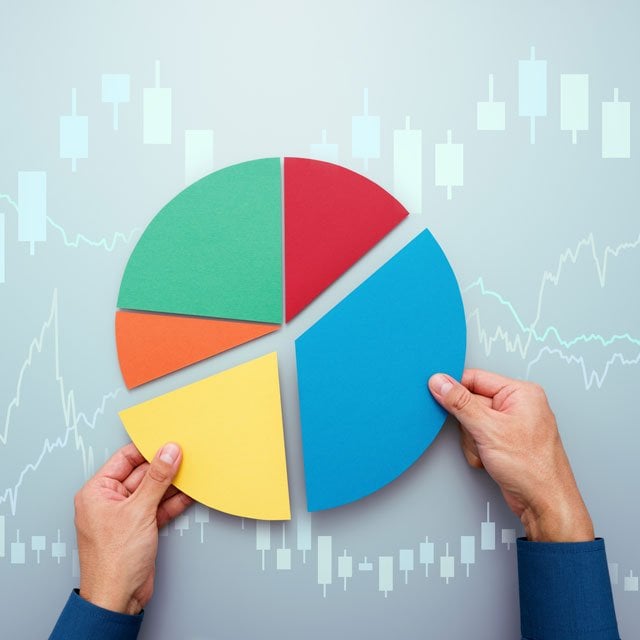Falcon
NOT FOR REPRINT
9 Best-Performing Large-Growth Funds of 2023: Morningstar
Slideshow December 21, 2023 at 02:47 PM
Share & Print
This has been a big year for funds that invest in large-company growth stocks, which have ridden the wave of robust gains in the "Magnificent Seven" tech stocks and relief over the likely end of the Federal Reserve's interest rate hikes. At least one observer thinks that investors who are concentrated in these stocks are playing with fire and should "get out of them." Be that as it may, a recent Morningstar blog post notes that large-growth funds have outperformed the overall stock market by 10.1 percentage points so far in 2023, as measured by the Morningstar US Market Index. The average large-growth fund is up 34.6%, while the index is up 25.1%. However, over the past three years, the average large-growth fund has underperformed the index by 3.5 points, in large part owing to the category's 29.9% loss in 2022, compared with a 19.4% market decline. This has resulted in a challenging environment for actively managed funds, as index-tracking funds have dominated over the past one-, three- and five-year periods, according to the Morningstar post. But some actively managed funds have found it possible to top the charts, it said. To find the best-performing large-growth funds, Morningstar analysts looked at returns data from the past three years. They screened for funds that ranked in the top third of the Large Growth Morningstar Category, using their lowest share classes over the past one-, three-, and five-year periods. They then filtered for funds with Morningstar medalist ratings of Gold, Silver or Bronze, and selected those with asset bases greater than $100,000 and an analyst coverage threshold of 90% or greater. See the accompanying gallery for the nine top-performing large-growth funds. Slides: Credit: Chris Nicholls/ALM
NOT FOR REPRINT
© Touchpoint Markets, All Rights Reserved. Request academic re-use from www.copyright.com. All other uses, submit a request to [email protected]. For more inforrmation visit Asset & Logo Licensing.
Featured Resources
View All
Sponsored by Axos Advisor Services
Integrated Banking Solutions: How To Enhance Client Services and Grow Your Business

Sponsored by Optifino
Three Macro Trends Impacting Long-Term Care: Trends, Solutions & Client Conversations

Sponsored by Vanilla
The Missing Piece: Why Advisors Who Skip Estate Planning are Failing Their Clients







